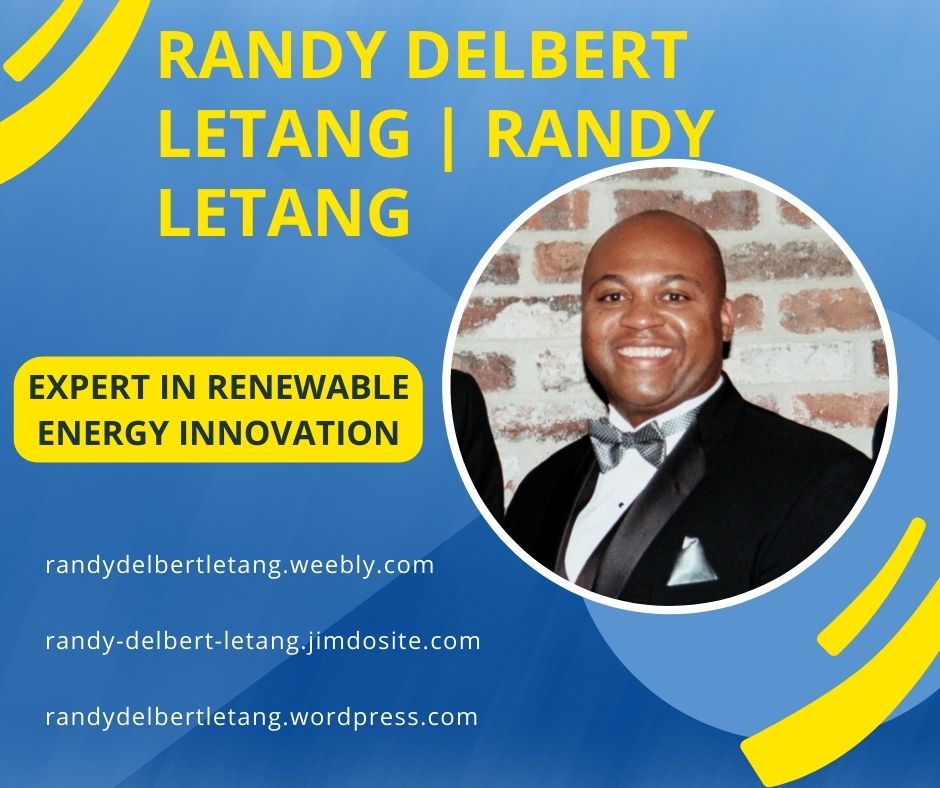Superscript
Randy Delbert Letang |
Randy Letang | JetBlue Makes Biofuels Deal to Curtail Greenhouse Gases
JetBlue, seeking to get ahead of looming restrictions on
airliners’ greenhouse gas pollution, has agreed to buy more than 330 million
gallons of renewable fuel over 10 years, the company said on Monday.
It is one of the largest such purchase agreements yet.
Under the agreement with the bioenergy company SG Preston,
JetBlue would cover about 20 percent of its annual fuel use at Kennedy
International Airport, its home base, with a biofuel blend. That is equivalent
to 4 percent of the fuel used throughout its network, the airline said.
It’s thinking long term about our biggest cost, but its
primary motivation is to reduce our greenhouse gases,” said Sophia Mendelsohn,
JetBlue’s head of sustainability. “What we really want to do is jump-start the
industry and quite frankly enable all airlines, very much ourselves included,
to diversify our fuel supply.”
Biofuels, made from various sorts of organic matter —
whether from agriculture, wood scraps or even municipal waste — have long been
considered important to reducing greenhouse gas emissions in transportation.
United States rules for gasoline, for example, require at least 10 percent
ethanol, which typically comes from corn.
Airlines represent potentially easy-to-serve customers for
biofuels, given the carriers’ concentration around airports and their voracious
energy needs. But with heavy pressure on the companies’ bottom lines, the
advent of more efficient planes and a period of low oil prices, the airlines —
with a few exceptions — have been slow to adopt the novel and more expensive
fuels.
At the end of the day, the vibe that we’ve heard from the
industry is, ‘We’ll use it once it’s cost-competitive, we’ll use it once there’s
enough volume,’” said Yuan-Sheng Yu, who leads alternative fuels research at
Lux Research. “This is not an industry with the amounts of cash on hand to
invest in these emerging, nonproven technologies.”
But there are signs that may be changing. Last year, United
began using a biofuel blend on some of its flights from Los Angeles. In recent
weeks, Lufthansa tentatively agreed to buy as many as eight million gallons of
fuel a year over five years from Gevo, a Colorado-based biofuel developer, Gevo
announced. And Virgin Atlantic announced a successful test of a jet fuel from
LanzaTech derived from waste gases from steel mills.
Given the industry’s global reach, devising rules to
control greenhouse gas emissions has proved contentious and given rise to a
regulatory patchwork that companies say could be costly, lead to safety risks
and create disadvantages for airlines from different jurisdictions. An effort
by the European Union to require United States planes landing in European
airports to reduce emissions or pay a fee, for example, encountered so much
resistance that regulators approved a partial exemption that expires next year.
In recent months, the International Civil Aviation
Organization, the aviation agency of the United Nations, approved one set of
standards while the Obama administration began the process of writing its own
last year. Environmentalists say the international restrictions, written with
strong industry input, are too weak, and are pushing for more stringent
standards from the Environmental Protection Agency.
At the same time, the aviation industry has been looking to
reduce its greenhouse gas emissions though a number of approaches, including
building more efficient aircraft and supporting the development and approval of
new fuels.
That has been challenging, said Sean
Newsum, director of environmental strategy at Boeing Commercial Airplanes,
which is active around the world in helping to develop and certify biofuels for
commercial use. In one of the projects this summer, with South African Airways
and its Mango affiliate, 300 passengers flew from Johannesburg to Cape Town on
fuel derived from tobacco grown for the purpose.
“There’s many different moving
pieces to get this into real commercial use, all the way from the growing of
the feedstock to the processing of the fuel to delivering that fuel to the
airplane,” Mr. Newsum said. “It takes a while for all of those processes to
become stitched together in a standard way,” he added, and to bring down their
costs.
A long-term customer agreement like
JetBlue’s, energy experts say, is an important step for a developer to attract
financing to build a new facility — much as energy-purchase agreements by
companies like Amazon, Apple and Google have allowed for the construction of
solar or wind farms to help meet their electricity needs.
“Brands like JetBlue have recognized
that sustainability and the environment need to be part of the overall brand
story,” said Randy Delbert LeTang, chief executive of SG Preston, which is
based in Philadelphia. “JetBlue and contracts like JetBlue’s offer us a
completion to our overall credit profile for building these facilities.”
Mr. LeTang said interest in buying
biofuel was growing within the industry. Still, that is no guarantee that a
project will pan out.
A five-year agreement by British
Airways to purchase all of the output from a facility that Solena Fuels planned
to build outside London, to convert municipal solid waste to jet fuel,
collapsed after Solena failed to raise enough money. It could not compete with
cheap oil.
At JetBlue, Ms. Mendelsohn said she
worked for the better part of a year to bring the deal to fruition. She would
not say how much the fuel would cost, but that, with subsidies available for
biofuels, it would be competitive with conventional jet fuel.
Under the agreement, JetBlue will
purchase more than 33 million gallons a year of a fuel made from plant oils for
at least 10 years; that fuel will be blended with 70 percent traditional jet fuel.
SG Preston plans to build a refinery in Ohio to produce mainly renewable diesel
and jet fuel, the first of many it hopes to develop.
Source: https://www.nytimes.com/2016/09/20/business/energy-environment/jetblue-makes-biofuels-deal-to-curtail-greenhouse-gases.html








